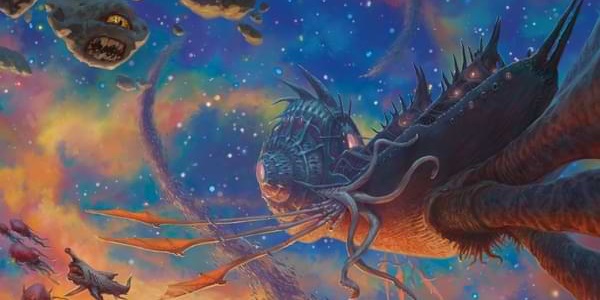Ed Greenwood is from Canada, but he is (presumably) of European descent. IMHO, it's not about giving anyone a free pass. It's about constructing an appropriate comparison. Mythic Polynesia didn't have anyone of Polynesian descent working on it, ...
Greenwood mashes up European cultures
just as bad in the FR as the Design Mechanism did with Mythic Polynesia.
That is not a strawman - which would be an an intentionally misrepresented proposition.
There is nothing misrepresented about the way the Forgotten Realms
makes all the same mistakes about European cultures, that the Design mechanism has made with Polynesian cultures in Mythic Polynesia.
It is a direct and appropriate comparison.
Yet when it was pointed out that FR has the
exact same issues as Mythic Polynesia, those concerns were swept away with:
"Greenwood is of European descent".
How exactly does a Canadian having European ancestry magically make it
ok for him to mash up European cultures? I don't see the relevance.
It's a total Red Herring.
So we are not talking strictly in terms of superficial research, but also about the authors' own voice, life experiences, and background that they bring to the project.
There is nothing inherent about Ed Greenwood's distant European ancestry that makes him any more qualified than someone of a completely different ethnicity that was
born and grew up in Canada, that attended the same schools, and took the same classes, to write on
medieval European culture.
As the critiques of TSR's Oriental Adventures show -
There is no free pass - when and how Ed grew up, and when he wrote the FR does not matter.
Do you want WotC to change Forgotten Realms so that it better represents the plethora of European cultures?
Why not?
Are they committed to accurate representation of diverse cultures or are they not?
Sure, and I do that too, but... According to that series of tweets, Mythic Polynesia was supposed to be actual, real-world Polynesia, but magical. Whereas the Realms (or Mystara, etc.) aren't supposed to be actual, real-world European countries. They're fantasy places whose flavor was taken from real places.
So, personally, I think comparing the vaguely pan-Eurpoean style of a typical D&D-type setting to a book that's supposed to be about real-world places is... not a very useful comparison.
TSR's Oriental Adventures setting of Kara-Tur was a
'fantasy place whose flavor was taken from real places'.
And OA has been panned
for exactly the same reasons Mythic Polynesia is now being raked through the coals.
Has it not been established that
“it’s just fantasy” is not an acceptable argument or excuse?

 www.dndbeyond.com
www.dndbeyond.com



